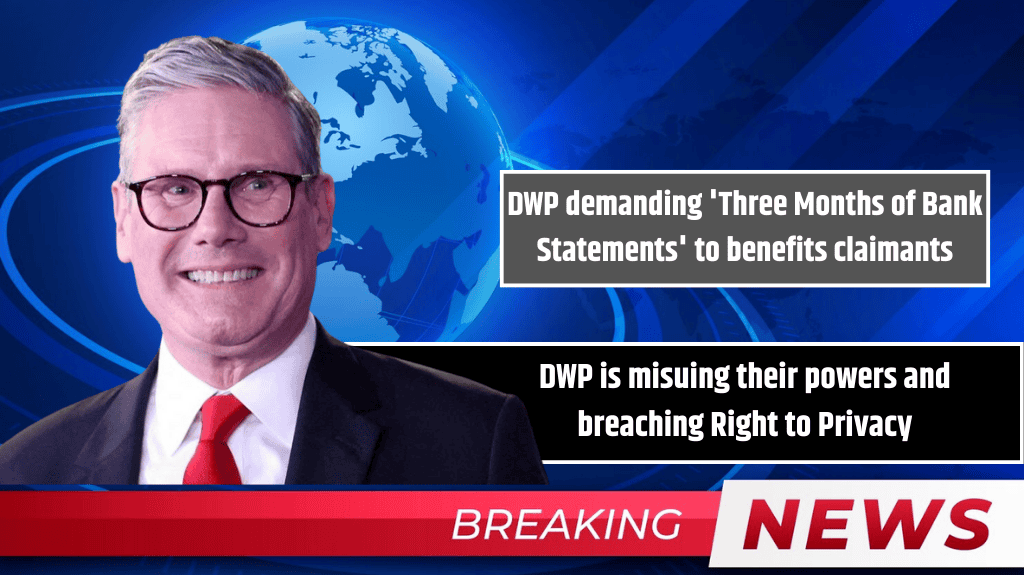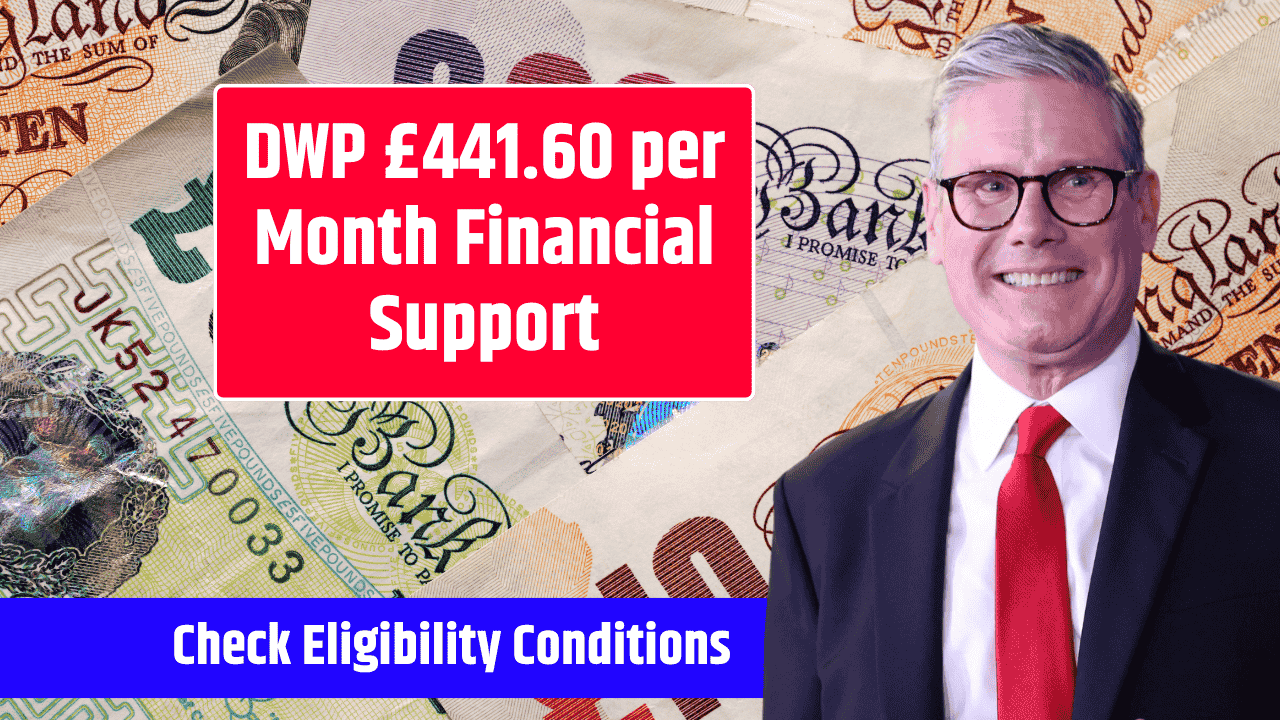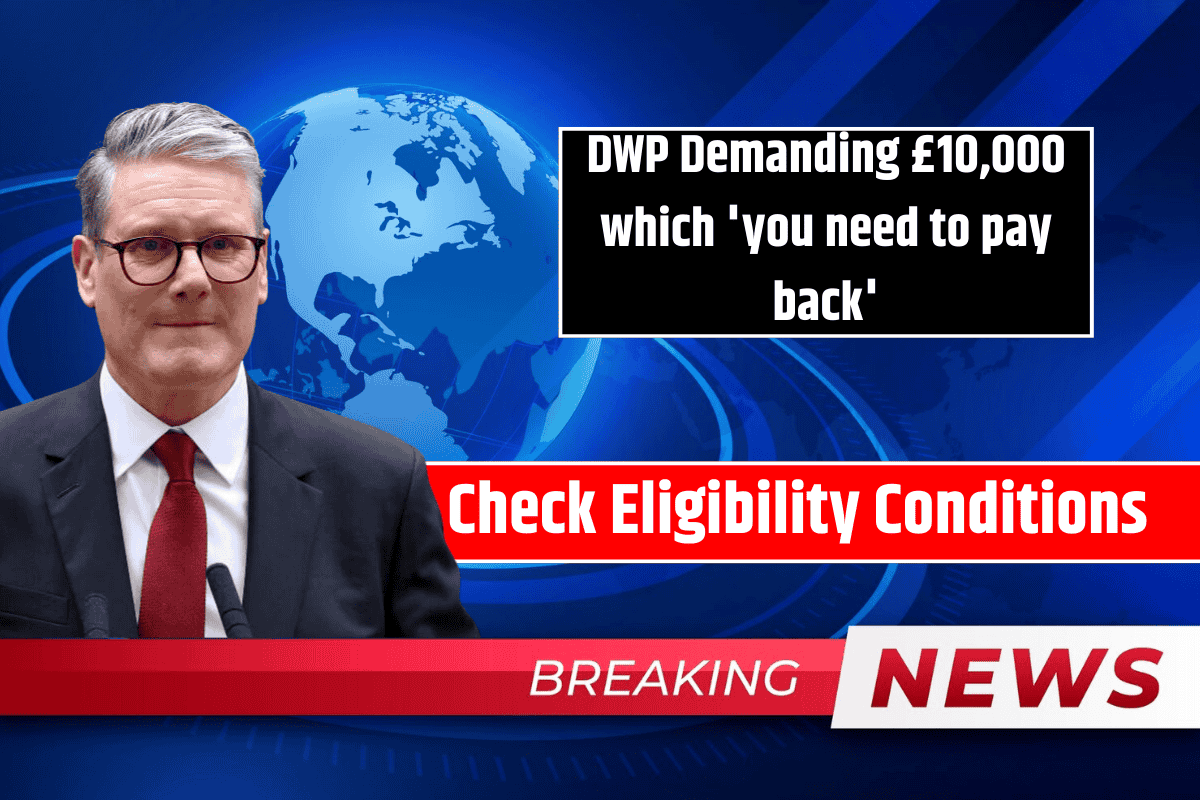The UK government is giving new powers to the Department for Work and Pensions (DWP) that will allow them to ask banks for personal information about benefits claimants. The idea is to reduce fraud and recover money from overpayments. However, privacy campaigners and experts are raising serious concerns about how this could affect innocent people.
What Are These New DWP Powers?
Under the new rules, the DWP can order banks to hand over up to three months of bank statements from benefits claimants. This is part of a plan to catch fraud and recover debts owed to the government. They call this method a “direct deduction order.”
Welfare Secretary and Labour Party MP Liz Kendall says the government could save taxpayers around £500 million every year by using this method once it is fully in place.
Privacy Campaigners Say It Goes Too Far
While the government says it’s trying to stop fraud, critics argue that the powers go too far and invade people’s privacy. Jasleen Chaggar from Big Brother Watch, a civil liberties group, said this kind of power is “dystopian” and “paternalistic.”
She explained that navigating the welfare system is already complicated, and many people end up owing money due to simple mistakes or confusion. Giving government officials the power to check your bank statements secretly and decide if money should be taken from your account is unfair and risky.
She believes that only courts—not DWP staff—should be allowed to make decisions about taking money directly from people’s bank accounts.
How the DWP Currently Collects Debts
Right now, the DWP can collect money owed by reducing someone’s benefits or by taking money from people’s pay if they’re working (through the PAYE system). But with these new powers, the DWP can check bank records first and then decide to collect the money, even without the person knowing beforehand.
Worries for Vulnerable People
Many groups, including Citizens Advice, have warned that this new system will mainly hurt the most vulnerable people. It could lead to mistakes where innocent people lose money that they depend on for food, rent, or medication.
Experts also warn that asking banks to search through so many accounts could lead to “false positives”—cases where people are wrongly flagged as owing money or committing fraud. This could cause a lot of stress and financial trouble for those wrongly accused.
Fraud vs. Government Errors
Interestingly, the actual amount of fraud in some benefits like Personal Independence Payment (PIP) is very low. In 2022–23, fraud in PIP claims made up only 0.2% of total PIP spending—that’s around £40 million.
At the same time, the DWP itself underpaid about £60 million in PIP claims due to their own mistakes. This shows that government errors can cause more financial loss than fraud in some cases.
While the government says the new DWP bank account powers will save money and catch fraud, critics believe they are too invasive and could punish innocent people. With past examples of errors and underpayments, there is real concern that this system will do more harm than good—especially for the most vulnerable people in society.
FAQs
What are the new DWP bank access powers?
The new powers allow the DWP to request up to three months of a benefit claimant’s bank statements to recover overpaid benefits using direct deduction orders.
Why are people concerned about these changes?
Privacy campaigners say the powers are invasive and may result in innocent people losing money due to DWP errors or incorrect claims.
Can the DWP already take money from people?
Yes, the DWP can recover debts through benefit deductions or from wages via PAYE. The new change allows direct deductions from bank accounts without court approval.
How much was lost to PIP fraud compared to DWP errors?
In 2022–23, PIP fraud losses were £40 million, while DWP underpayments due to errors were £60 million.
Who will be most affected by the new DWP policy?
According to Citizens Advice, the policy will hit the most vulnerable people hardest—those who rely on benefits for essentials like food, medicine, and housing.






